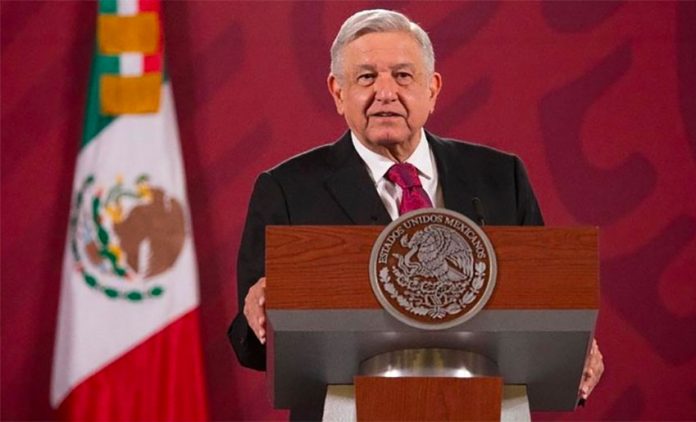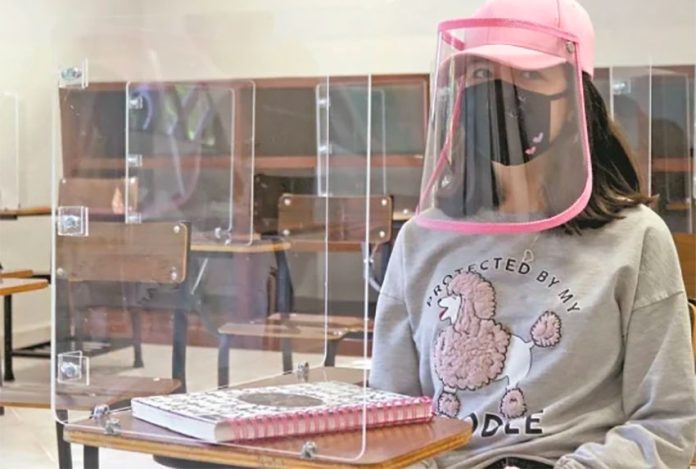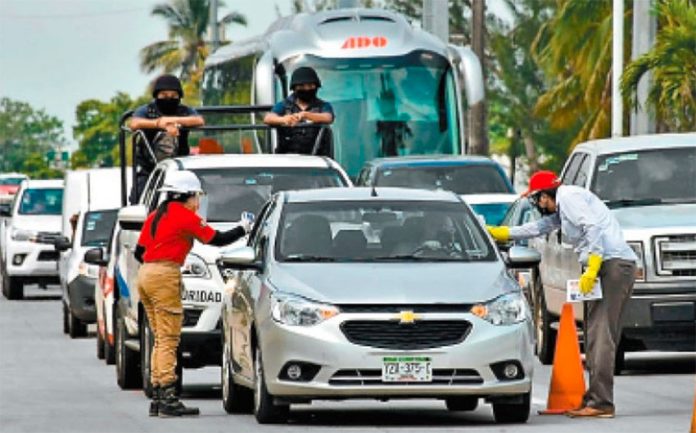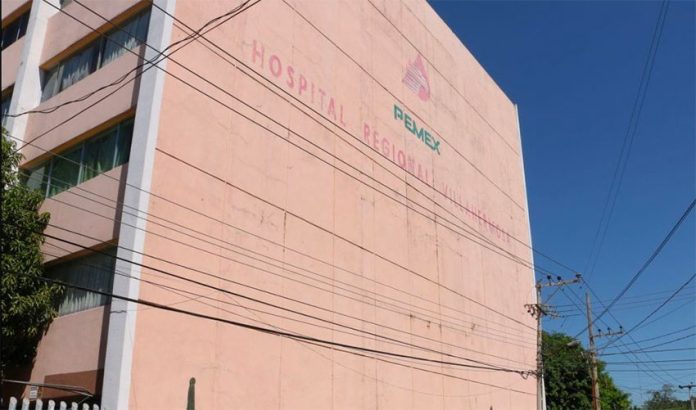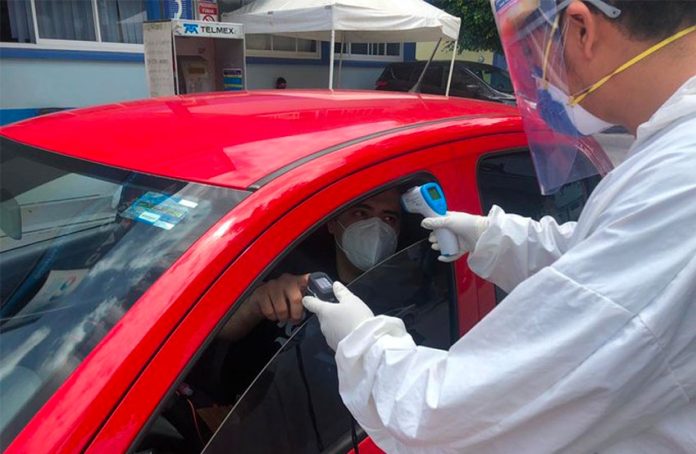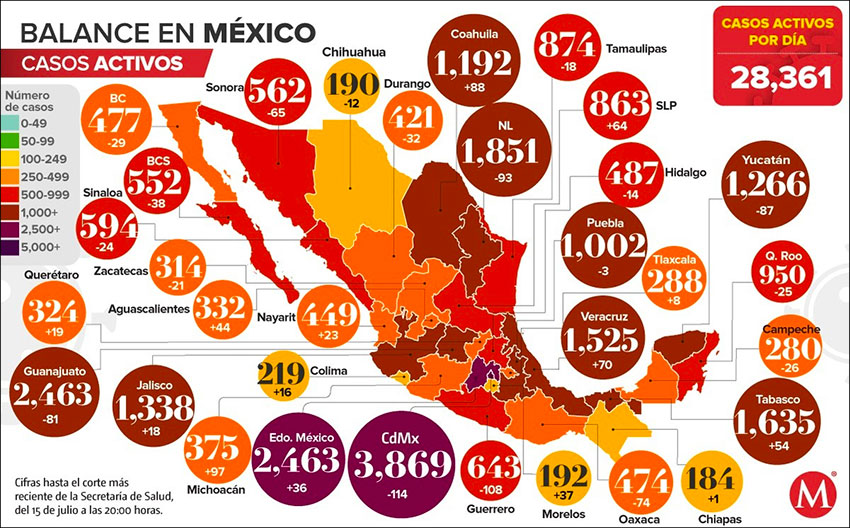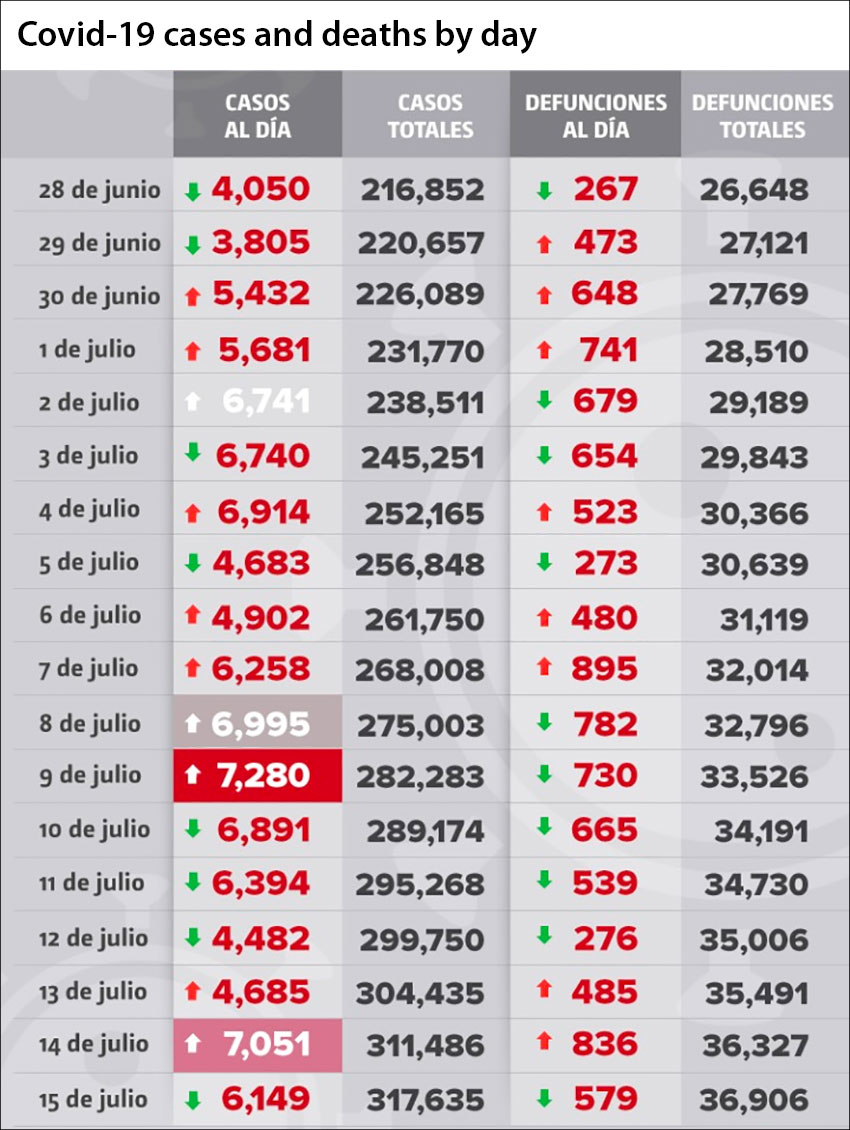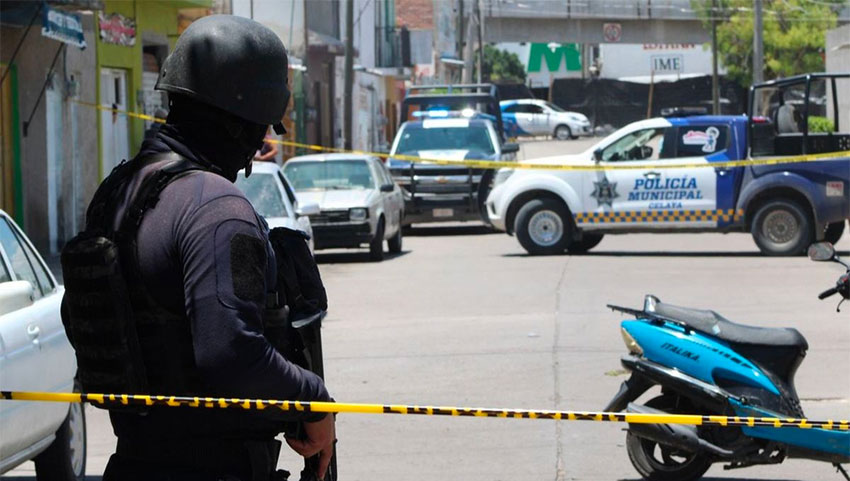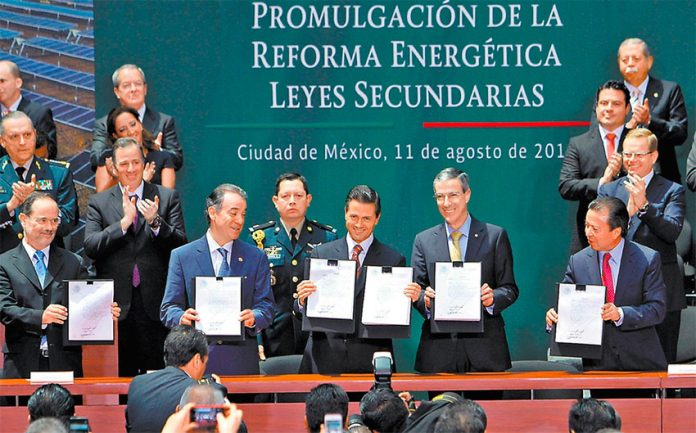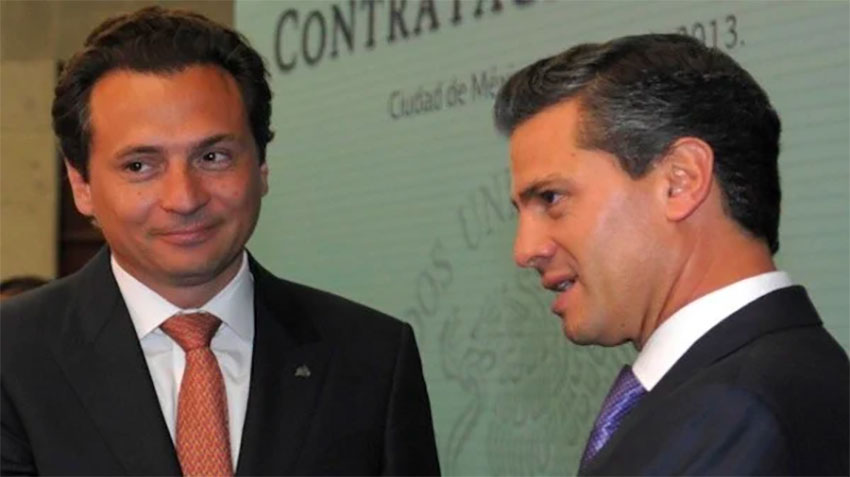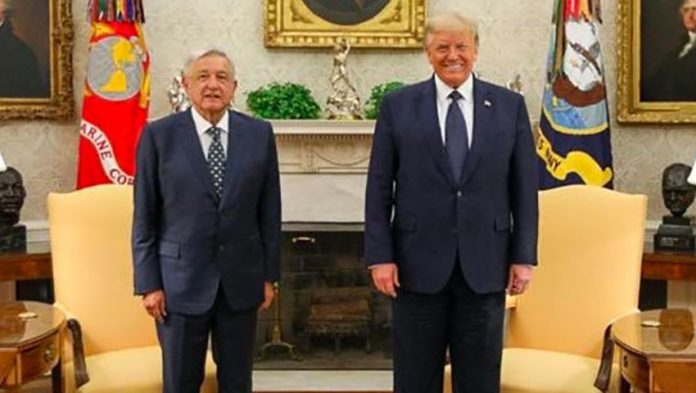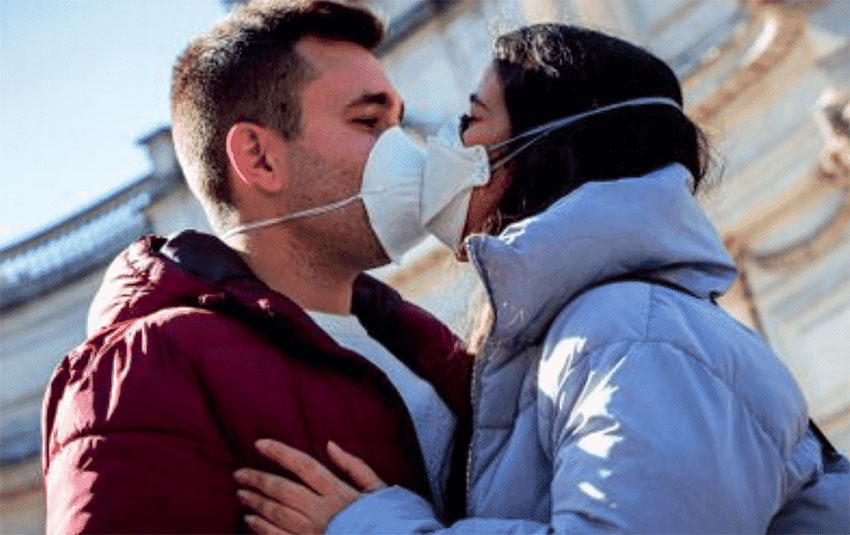President López Obrador has hit back at a group of intellectuals after they penned a letter calling for the creation of an opposition bloc to seize congressional control from the ruling Morena party at the 2021 midterm elections.
“I celebrate that writers and journalists who have always defended the neoliberal … model are forming a group, defining their position and leaving simulation to one side in order to seek to restore the old regime, characterized by an absence of democracy, corruption and inequality,” López Obrador wrote in a response published online on Wednesday night.
“History teaches us that when a process of transformation is put into practice, a conservative reaction is always produced,” the president said.
Earlier on Wednesday, the newspaper Reforma, which López Obrador frequently rails against, published a letter signed by 29 people including journalist and historian Héctor Aguilar Camín, former foreign minister Jorge Castañeda, former health minister Julio Frenk and historian Enrique Krauze.
In the letter entitled “Against the authoritarian drift and for the defense of democracy,” the intellectuals charged that the ruling Morena party and its allies have increased their power in Congress by “buying” lawmakers who were elected as representatives of other parties.
“The consequence has been the asphyxiation of pluralism … in the interest of subjugating legislative power to the dictations of the executive,” the letter said.
The intellectuals claimed that López Obrador has taken steps to concentrate power in his hands at the expense of the other two branches of federal government and the states. They said that the president has “destroyed or damaged public administration and constitutional institutions” and harmed “the capacities of government.”
“He takes unilateral decisions, polarizes society, … discredits the authority of specialized bodies such as the INE [the National Electoral Institute] and attacks all forms of expression that don’t identify with his political vision,” the letter said.
The intellectuals also took aim at the federal government’s “contemptuous attitude” toward Mexico’s scientific and cultural communities, and “the movement of women who are fighting for equality.”
In addition, they slammed the government’s economic response to the coronavirus crisis, asserting that it has adopted a policy of “suicidal austerity.”
The López Obrador administration rejected a national agreement to reactivate the economy and save thousands of jobs and instead used the pandemic to “accelerate the demolition of the state and the control of power,” the intellectuals said.

If the president and his political allies continue to take Mexico down the same path, hard-won “democratic advances” will be lost, they said.
“We think that it’s imperative to correct the course and recover the political pluralism and balance of powers that characterize constitutional democracy,” the letter said.
“The only way to achieve it is through a broad citizens’ alliance which, together with the opposition parties, builds a bloc that via the popular vote at the 2021 parliamentary elections reestablishes the true face of citizens’ diversity. It’s necessary that this alliance obtains the majority to ensure that the Chamber of Deputies recovers its role as a constitutional counterweight to the executive power and [thus] forces the government to respect democratic diversity.”
In his response, López Obrador said it was “completely legitimate” that opposition to his government exists but expressed doubt that those who oppose him will be successful in seizing control of the lower house of Congress.
“In 2021, the people will freely decide their destiny. And the truth is I don’t believe that the majority will support the return … of corruption, tycoons, organic intellectuals, privileges, hypocrisy, marginalization, classism and racism,” he wrote.
“There is no doubt that we are living in interesting times. Whether it’s out of interest or anger, the conservatives who pretended to be liberals are finally removing their masks,” concluded the president’s missive.
Speaking at his regular news conference on Thursday, López Obrador declared that he is the “most attacked president in the last 100 years,” charging that there are attacks against him every day.
The president said that the constant attacks against him and his administration amount to “a badge of pride because it means that we’re making progress” in transforming the country.
The intellectuals who put their name to yesterday’s letter “long for a return to the decay” of corrupt past governments whose officials entered into pacts with criminal groups, López Obrador said.
“They’re within their rights because we live in a democracy but the people will decide [who governs Mexico]. In a free way, they will decide what they want moving forward, how they want their destiny, that of their family, and that of their children, to be shaped. It’s a free and sovereign decision.”
Source: Expansión Política (sp), Infobae (sp), El Financiero (sp)
